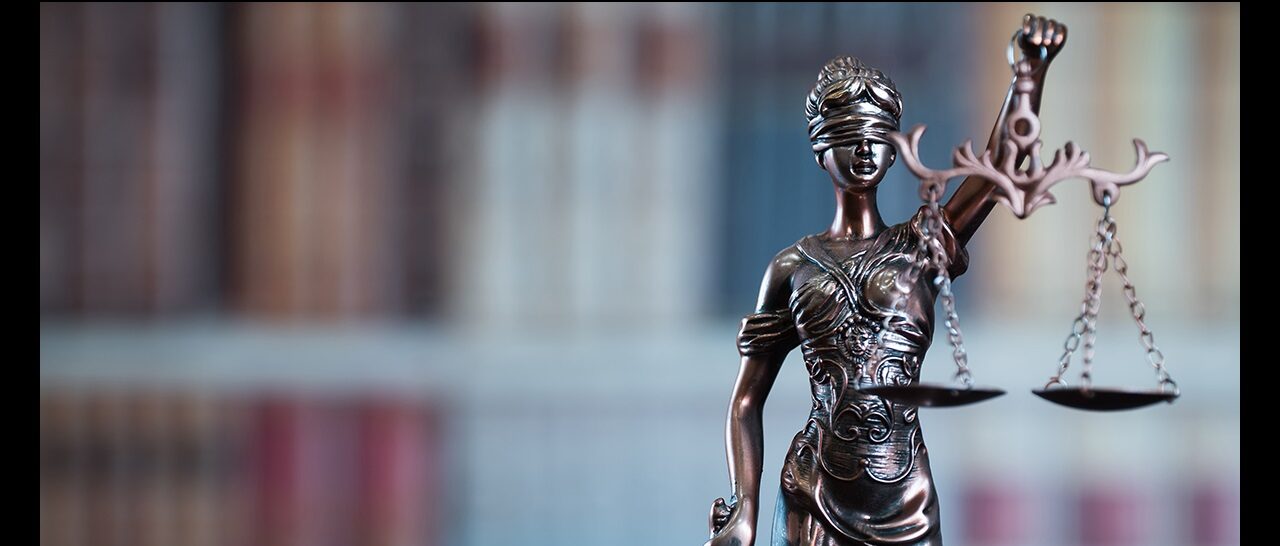
What were Carl Jung’s Ethics?
The Moral Imperative of Individuation
At the heart of Jung’s approach to ethics is the idea of individuation as a moral imperative. Individuation, the lifelong process of psychological integration and growth, is seen not just as a personal journey but as an ethical undertaking. As Jung’s close associate Erich Neumann argues in his seminal work “Depth Psychology and a New Ethic”, taking responsibility for one’s own psychological development, confronting the shadow, and striving for wholeness are fundamentally moral endeavors. Individuation, in this view, is the path to a more authentic and responsible ethical stance.
Confronting the Shadow:
The Ethical Dimension Jungian psychology emphasizes the ethical importance of confronting the personal shadow – the disowned or repressed aspects of the self. Edward Edinger, a prominent Jungian analyst, sees this often difficult work as essential for developing moral integrity and a more expansive ethical identity. By integrating the shadow, we take responsibility for our whole being and mitigate the risk of unconsciously acting out our darker impulses. This process of shadow work often involves deep engagement with dreams, active imagination, and other methods of self-reflection.
Character, Calling, and the Ethics of Individuation
James Hillman, the founder of archetypal psychology, explored the ethical aspects of individuation through the lens of character development and the “soul’s code” – the unique calling and potential of each individual life. For Hillman, following the often unconventional dictates of the soul is a moral imperative requiring courage and integrity. Living ethically, in this view, means being true to one’s deepest values and potentials, even if they defy societal norms. Engaging with archetypes through myth, story, and imagination can help us develop a richer moral vocabulary aligned with our authentic character.
Shadow Work and the Ethics of Relationship
More recently, scholar Mari Ruti has linked shadow work to the ethics of love and relationship in her book “The Summons of Love”. Integrating the shadow, Ruti argues, is essential for relating to others with honesty, empathy, and emotional authenticity. By withdrawing our projections and owning our shadow, we create the foundation for more ethical, compassionate relationships. Individuation and shadow work are thus deeply interconnected with the moral fabric of our interpersonal lives.
Archetypal Ethics and Ritual
Process Jungian analyst Robert L. Moore has explored the archetypal underpinnings of ethics and the role of ritual in moral development. Drawing on Jung’s concept of archetypes, Moore suggests that consciously engaging with archetypal energies, while mitigating their shadow expressions, is crucial for mature ethical functioning. Ritual processes, whether religious, cultural, or personal, provide a container for this moral-psychological work by facilitating the constructive engagement with archetypal forces.
The Self as Inner Moral Authority
For Jungian analyst June Singer, the Self – the archetype of wholeness and the regulating center of the psyche – is the ultimate moral authority. Aligning the ego with the Self, and living according to its guidance, is the highest ethical imperative, even when it conflicts with collective norms. The individuation journey towards this alignment of ego and Self is thus an inherently moral one. As we integrate the conscious and unconscious aspects of our being, we naturally develop a more ethical, authentic way of being in the world.
The Ethics of the Analytic Relationship
The ethical dimensions of depth psychology extend into the heart of the analytic relationship itself. Analysts Murray Stein and Luigi Zoja have framed analysis as a fundamentally moral endeavor. The analyst has an ethical responsibility to model shadow work, maintain appropriate boundaries, and support the analysand’s individuation journey. The analytic relationship becomes a crucible for moral-psychological growth – a “moral laboratory” where both parties are challenged to confront their shadows and develop a more conscious, responsible stance.
Challenging the Unconscious as Moral Guide
Some post-Jungians, like Wolfgang Giegerich, have challenged the notion of the unconscious as a direct source of moral wisdom or guidance. For Giegerich, the unconscious is “unethical” in the sense of being beyond good and evil. It is only through the development of a differentiated, responsible consciousness, in dialogue with the unconscious, that truly ethical discernment emerges. Individuation, in this view, is about developing the ego’s capacity for ethical reflection, not simply aligning with the unconscious.
Relational Ethics and Individuation
Polly Young-Eisendrath has brought a relational lens to the ethics of individuation. In her view, we individuate not in isolation, but through authentic, responsible engagement with others. Discovering the Self and developing true self-worth happen through ethical relating. Integrating the contrasexual aspects of the psyche (anima/animus) is vital for fostering the empathy and compassion that underpin moral relationships.
Cultural Complexes and Societal Shadow
The ethical implications of Jungian thought extend beyond the individual to the collective domain. Cultural complexes and societal shadows can fuel prejudice, oppression, and injustice. Engaging in collective shadow work – acknowledging and integrating the darkness within our shared psyche – is a moral imperative for social healing and transformation. Depth psychological perspectives offer valuable tools for addressing the ethical challenges of our time.
Archetypes and Ethics Across Cultures
Archetypes have a universal dimension, but their specific expressions and ethical meanings vary across cultures. Engaging with the myths, stories, and ethical systems of diverse traditions can enrich our moral imagination and reveal the common threads of archetypal ethics. A Jungian approach calls us to honor both the universality and particularity of the archetypal realm as we navigate questions of morality and meaning.
A Jungian Approach to Moral Education
Depth psychology has much to offer the domain of moral education and character development. Incorporating Jungian insights into pedagogical practice can help foster individuation, ethical self-awareness, and archetypal literacy in students. From engaging with shadow through expressive arts to studying myths as moral templates, a Jungian lens opens up innovative approaches to cultivating ethical identity and responsible citizenship.
Jungian Ethics in Organizational Contexts
The ethical implications of Jungian thought are also relevant to leadership, professional development, and organizational culture. Integrating shadow work, archetypal awareness, and individuation into professional contexts can foster more conscious, values-aligned, and relationally responsible work environments. Leaders who engage in their own depth psychological work may be better equipped to navigate the moral complexities of their roles.
The Ecological Ethics of Depth Psychology
Jung’s holistic vision of the psyche, interconnected with the living world, has powerful ecological implications. Depth psychology invites us to recognize our profound interdependence with the more-than-human world and to confront our ecological shadow – the disowned impacts of our actions on the planet. Engaging with the Self through nature-based work and eco-psychological practices can foster a deeper environmental ethic grounded in the sacred.
Bibliography
Edinger, E. F. (1992). Ego and Archetype. Boston: Shambhala. Edinger, E. F. (1984). The Creation of Consciousness. Toronto: Inner City Books.
Giegerich, W. (2012). What is Soul? New Orleans, LA: Spring Journal Books.
Hillman, J. (1997). The Soul’s Code: In Search of Character and Calling. New York: Random House. Hillman, J. (2000). The Force of Character. New York: Random House.
Jung, C.G. (1958). The Undiscovered Self. New York: Signet. Jung, C.G. (1959). Aion: Researches into the Phenomenology of the Self. Princeton, NJ: Princeton University Press. Jung, C.G. (1966). Two Essays on Analytical Psychology. Princeton, NJ: Princeton University Press. Jung, C.G. (1969). Archetypes and the Collective Unconscious. Princeton, NJ: Princeton University Press. Jung, C.G. (1970). Civilization in Transition. Princeton, NJ: Princeton University Press.
Moore, R. L. (2003). Facing the Dragon: Confronting Personal and Spiritual Grandiosity. Wilmette, IL: Chiron Publications.
Neumann, E. (1969). Depth Psychology and a New Ethic. New York: Harper & Row.
Ruti, M. (2017). The Summons of Love. New York: Columbia University Press.
Singer, J. (1972). Boundaries of the Soul: The Practice of Jung’s Psychology. New York: Doubleday.
Stein, M. (2019). Jung’s Map of the Soul: An Introduction. New Orleans, LA: Chiron Publications.
Young-Eisendrath, P. (1997). The Resilient Spirit: Transforming Suffering into Insight and Renewal. Addison-Wesley Publishing Company. Young-Eisendrath, P. (2008). The Self-Esteem Trap: Raising Confident and Compassionate Kids in an Age of Self-Importance. New York: Little, Brown Spark.
Zoja, L. (2004). Ethics and Analysis: Philosophical Perspectives and Their Application in Therapy. College Station: Texas A&M University Press.


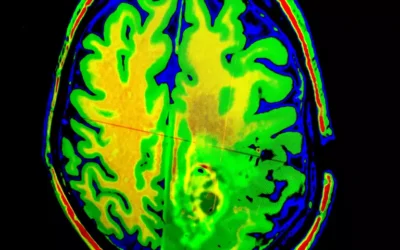

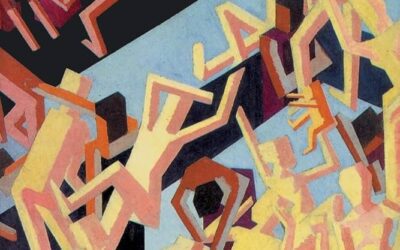
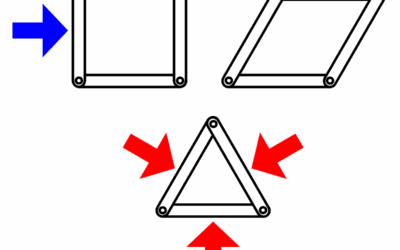
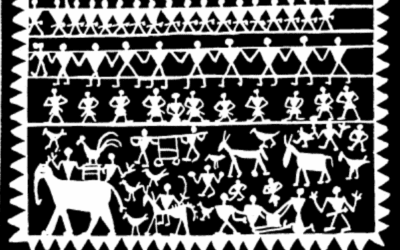

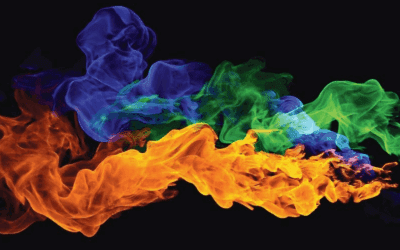

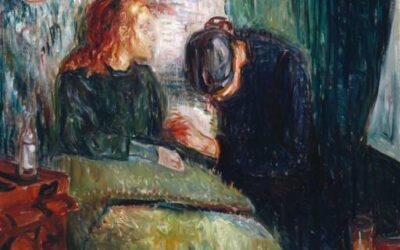


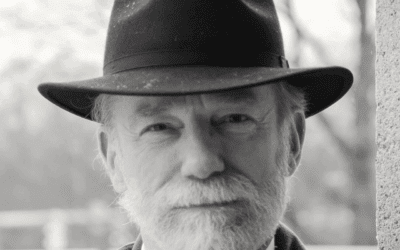





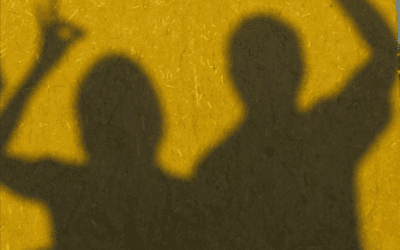




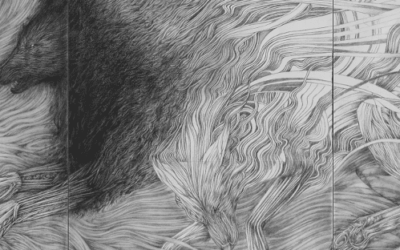

0 Comments